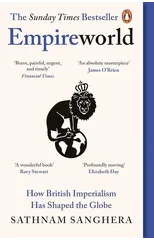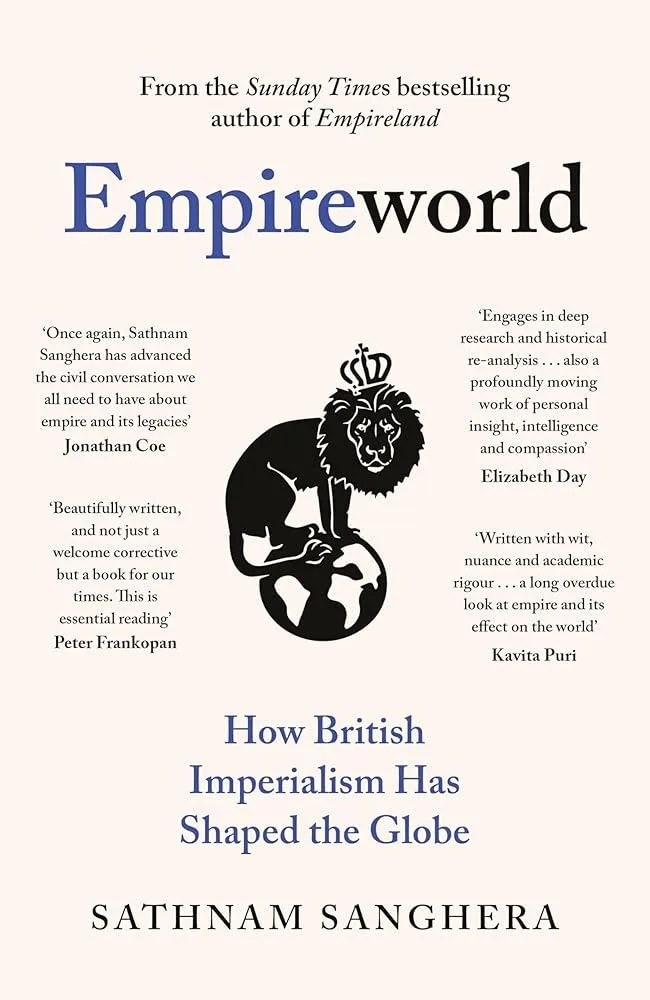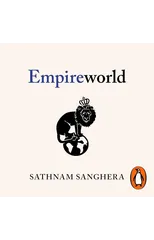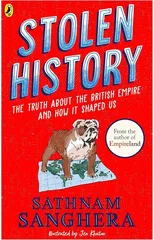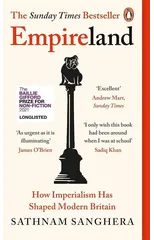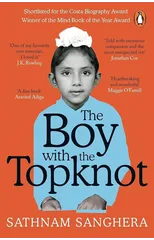In his brilliantly illuminating new book Sathnam Sanghera demonstrates how so much of what we consider to be modern Britain is actually rooted in our imperial past. In prose that is, at once, both clear-eyed and full of acerbic wit, Sanghera shows how our past is everywhere: from how we live to how we think, from the foundation of the NHS to the nature of our racism, from our distrust of intellectuals in public life to the exceptionalism that imbued the campaign for Brexit and the government's early response to the Covid crisis. And yet empire is a subject, weirdly hidden from view. The British Empire ran for centuries and covered vast swathes of the world. It is, as Sanghera reveals, fundamental to understanding Britain. However, even among those who celebrate the empire there seems to be a desire not to look at it too closely - not to include the subject in our school history books, not to emphasize it too much in our favourite museums. At a time of great division, when we are arguing about what it means to be British, Sanghera's book urges us to address this bewildering contradiction. For, it is only by stepping back and seeing where we really come from, that we can begin to understand who we are, and what unites us. -- Provided by publisher.
Sathnam Sanghera
Sathnam Sanghera is a British journalist and author known for his insightful explorations of identity, culture, and family dynamics in the South Asian diaspora. His most notable work is "The Boy with the Topknot," a memoir that delves into his experiences growing up as a Sikh in Wolverhampton, England. Sanghera's writing style is characterized by its candidness, humor, and emotional depth. He has made significant contributions to literature by bringing a fresh perspective to the immigrant experience and challenging stereotypes and misconceptions. Through his work, Sanghera has had a lasting impact on the literary genre of memoirs and has inspired readers to reflect on their own cultural heritage and personal journeys.

